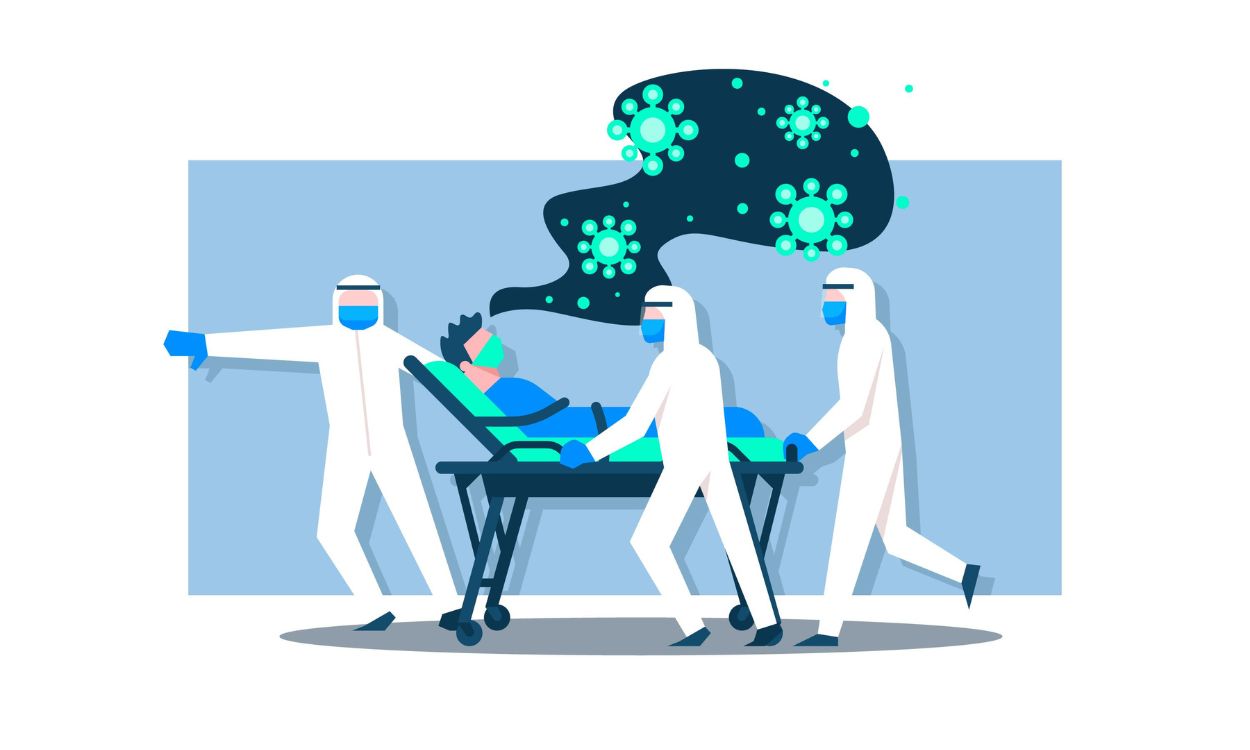Understanding and Treating Chronic Parasitic Infections: A Comprehensive Guide for the Indian Population
Parasitic infections are a major public health concern in India, affecting millions of people every year. These infections are caused by various types of parasites, including protozoa, helminths, and ectoparasites. Chronic parasitic infections can lead to a range of health problems, including malnutrition, anemia, and impaired cognitive development. In this article, we will discuss the causes, symptoms, and treatment options for chronic parasitic infections, with a focus on the Indian population.
Causes of Chronic Parasitic Infections
Chronic parasitic infections are caused by a variety of parasites, including protozoa, helminths, and ectoparasites. These parasites can be transmitted through contaminated food and water, poor sanitation, and close contact with infected individuals or animals. Some of the most common parasitic infections in India include malaria, dengue fever, filariasis, and leishmaniasis.
Symptoms of Chronic Parasitic Infections
The symptoms of chronic parasitic infections can vary depending on the type of parasite and the severity of the infection. Some common symptoms include:
- Fatigue
- Abdominal pain
- Diarrhea
- Nausea and vomiting
- Weight loss
- Anemia
- Skin rashes
- Fever
If left untreated, chronic parasitic infections can lead to serious health problems, including organ damage and death.
Treatment Options for Chronic Parasitic Infections
The treatment options for chronic parasitic infections depend on the type of parasite and the severity of the infection. In general, treatment may involve a combination of medication, lifestyle changes, and supportive care.
Medication: Antiparasitic medications are the primary treatment for chronic parasitic infections. These medications work by killing or disabling the parasites in the body. The type of medication prescribed will depend on the type of parasite and the severity of the infection.
Lifestyle Changes: Lifestyle changes can help prevent and manage chronic parasitic infections. These changes may include:
- Improving sanitation and hygiene practices
- Drinking clean, safe water
- Eating a healthy, balanced diet
- Avoiding contact with infected individuals or animals
- Using insect repellent to prevent insect bites
Supportive Care: Supportive care may be necessary for individuals with severe or chronic parasitic infections. This may include:
- Nutritional support to address malnutrition and anemia
- Blood transfusions to address severe anemia
- Surgery to remove parasites or repair organ damage
Fitpaa and Chronic Parasitic Infections
Fitpaa can play an important role in the prevention and management of chronic parasitic infections. The Fitpaa app provides personalized health and fitness plans that can help individuals improve their overall health and strengthen their immune system. This can help prevent parasitic infections and reduce the risk of complications from chronic infections.
Fitpaa also provides real-time guidance and metabolism monitoring technology that can help individuals stay on track with their health and fitness goals. This can be particularly helpful for individuals with chronic parasitic infections, who may need extra support and motivation to maintain a healthy lifestyle.
Conclusion
Chronic parasitic infections are a major public health concern in India, affecting millions of people every year. These infections can lead to a range of health problems, including malnutrition, anemia, and impaired cognitive development. Treatment options for chronic parasitic infections may include medication, lifestyle changes, and supportive care. Fitpaa can play an important role in the prevention and management of chronic parasitic infections by providing personalized health and fitness plans and real-time guidance and metabolism monitoring technology. With the right treatment and support, individuals with chronic parasitic infections can lead healthy, fulfilling lives.









